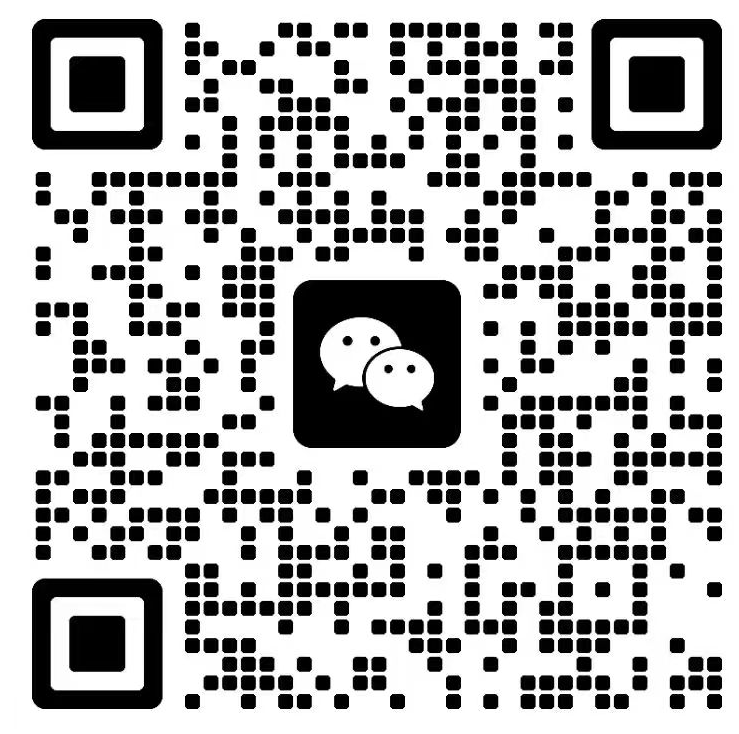【长难句】
What we’ve found after every recession in modern times is that we’ve actually up-ticked our spending afterward, but we’re finding that what we thought would bring us happiness, all this extra increase in consumption, just doesn’t deliver the goods.
【句子拆分】
主语 What we’ve found
谓语 is
宾语 that we’ve actually up-ticked our spending afterward
【单词解析】
单词 音标 中文词意
consumption kən'sʌmpʃən n. 消费;消耗;肺痨
【语法分析】
这句话是一个并列句,"but"之前的第一个句子"What we’ve found after every recession in modern times is that we’ve actually up-ticked our spending afterward",解构为主系表句型,其主语就是主语从句"What we’ve found","what"在从句中作宾语,从句的主语"we",谓语"have found","after every recession"和"in modern times"都是时间状语;主干的系词"is";表语为表语从句"that we’ve actually up-ticked our spending afterward",连接词"that",表语从句的主语"we",谓语"have up-ticked",这里面"up-tick"本为名词词性,在这被当成了动词使用,"our spending"为宾语,"afterward"也是时间状语。 "but"后面的第二部分句子,"we’re finding that what we thought would bring us happiness, all this extra increase in consumption, just doesn’t deliver the goods",主语"we",谓语是正在进行时"are finding",宾语是宾语从句,宾语从句的主语是"what we thought would bring us happiness",这部分并不是个句子,可以把它看作名词性关系分句用法,也就是一个部分起两个作用,"what"转化成"the thing"和"would bring us happiness"连接在一起变成"the thing would bring us happiness",之后将"the thing would bring us happiness"这个整体放在"we thought"后面,---"we thought (that) the thing would bring us happiness","would bring us happiness"即和"what"(the thing)组成一个句子逻辑,其整体又在"we thought"后面作宾语;"are finding that"后面的宾语从句的真正的谓语是"doesn’t deliver",宾语"the goods",但一般是把"deliver the goods"看成一个主题,也就是固定搭配。
【译文】
我们发现,现代社会每次出现经济衰退后,我们实际加大了在其后的支出。但我们发觉,我们以为会给自己带来幸福感的所有这些额外增加的消费却没有让人如愿以偿。
【考情分析】
所谓的名词性关系分句大家先有个印象,与此对应的还有嵌入式关系分句,也是类似的逻辑。
以上就是“2021考研英语:历年考研英语经典长难句(8)”的内容,更多考研信息,请持续关注。




